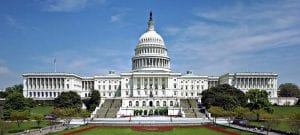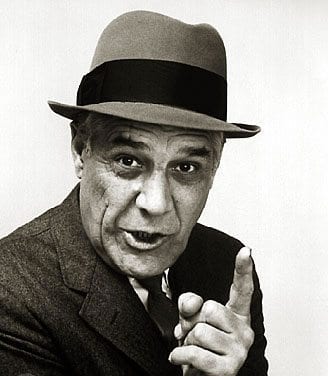THE MBTA’s Fiscal and Management Control Board approved a series of scaled-back service cuts on Monday and then, in an apparent swipe at Beacon Hill, voted to not raise fares on bus and subway riders any sooner than until service hours and ridership on those transportation modes return to pre-COVID levels. A TriStar Pictures image
– News covered by Quincy Quarry News with commentary added.
MBTA Finance Board scales back proposed service cuts and takes swipe at Beacon Hill.
In a move that was only to be expected, the MBTA Fiscal and Management Control Board backpedaled on some proposed cuts to local public transit given the dramatic drop in ridership care of the still raging COVID-19 pandemic.
The board also voted down a proposed fare increase even if it has been awhile since the last round of fare increases.
Further, some on the board dissed Beacon Hill for seeking both greater service cuts and fare increases.
So what, apparently for the fact that congressional negotiators in Washington DC are proposing that $160 billion in proposed state and local COVID-19 relief aid has been parsed out of the ongoing plan for $908 billion in COVID relief spending.
This move will allow $748 billion in aid for mostly the unemployed, small businesses, and various other COVID-19 response needs and which have for the most part seen suffiicient bipartisan to now probably see quick approval given that both the state and local aid and lawsuit exemption have long been sticking points and so prevented passage of a single omnibus spending bill.
At the same time, parsing the $160 billion off into its own separate bill likely continue to tie up this bailout aid funding proposal that state and local governmental officials have long been counting on coming their way.
For example, Quincy Mayor Thomas P. Koch and his 2021 city spending funding legerdomain.
In short, Democratic congressional leadership looks to have effectively played as regards its long pressing unsuccessfully for additional stimulus spending which some have viewed as fraught with pork and bailout money for mostly Democratic-controlled states and cities that have been labelled as having already been in financially dire shape before COVID-19 hit the fan earlier this year.
Source : T board scales back service cuts, takes swipe at Beacon Hill – CommonWealth Magazine
















The T’s elephant in the room: its pension system. When that hits the fan, it will be way beyond a fare increase. That and yet another reason to hang onto your wallet whether you ride the T or not.
Ms, Maxwell:
As bad off as is the MBTA’s employee pension, the City of Quincy’s employee pension fund is in even worse shape. While the numbers are open to question, the T’s is probably around 60% funded on an actuarial basis. 60% is generally viewed as of Yellow flag concern.
Quincy, on the other hand, is in the low 40% range in spite of one of the best stock market runs ever over the past decade. Below 50% is red flag territory and 40% or lower is basically black hole time. Even worse, not only do Quincy taxpayers have to help cover the nut for the pension shortfall at the T at some point, they are also on the hook for covering ALL of the City of Quincy employee pension shortfall.